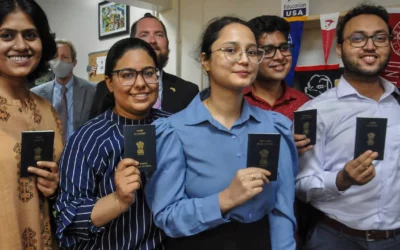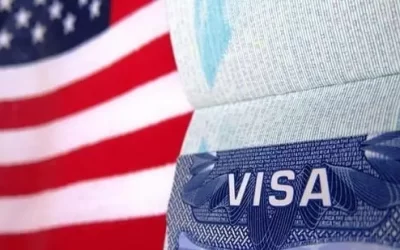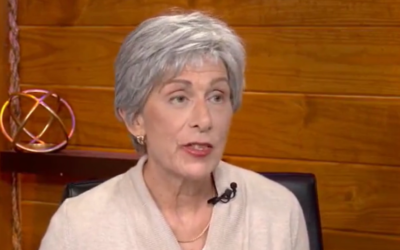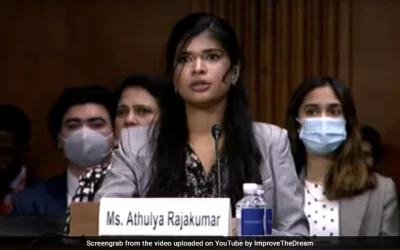The path to the American dream may become more challenging as the US Citizenship and Immigration Services (USCIS) plans to update the citizenship test. According to the Washington Post, the proposed changes, which include the addition of a new English-speaking section and multiple-choice civics questions, could pose difficulties for aspiring citizens. USCIS announced in December its intention to pilot the updated speaking test and civics exam, aiming to implement the changes by 2024.
Currently, English proficiency assessment for prospective citizens occurs during the eligibility interview with an immigration officer, not the citizenship exam itself. One of the proposed modifications involves transforming the civics section into a multiple-choice format administered on a tablet, replacing the current format of providing short oral answers.
The existing test evaluates an applicant’s English speaking ability through personal questions that have already been addressed in their naturalization paperwork. In the new test, officers would display photos depicting everyday scenarios and request verbal descriptions from the applicants, as reported by the Associated Press.
During the Trump administration, the citizenship test underwent significant changes, with the number of civics questions doubled and the pool of potential questions expanded. However, these revisions were reversed by the Biden administration in 2021. Despite this, the passage rate remained consistently above 90 percent, according to the Washington Post.
The proposed changes to the citizenship test have raised concerns among immigration advocates and preparation centers. Jessica Senat, who directs English-language programs at the Immigrant Learning Center in Malden, Massachusetts, noted that it would create a learning curve. The center is one of the volunteer sites testing the revised exam this year.
Considering the lengthy waits endured by thousands of H1B aspirants for their green cards, the potential impact of these proposed changes on the path to acquiring US citizenship becomes even more intriguing.













0 Comments